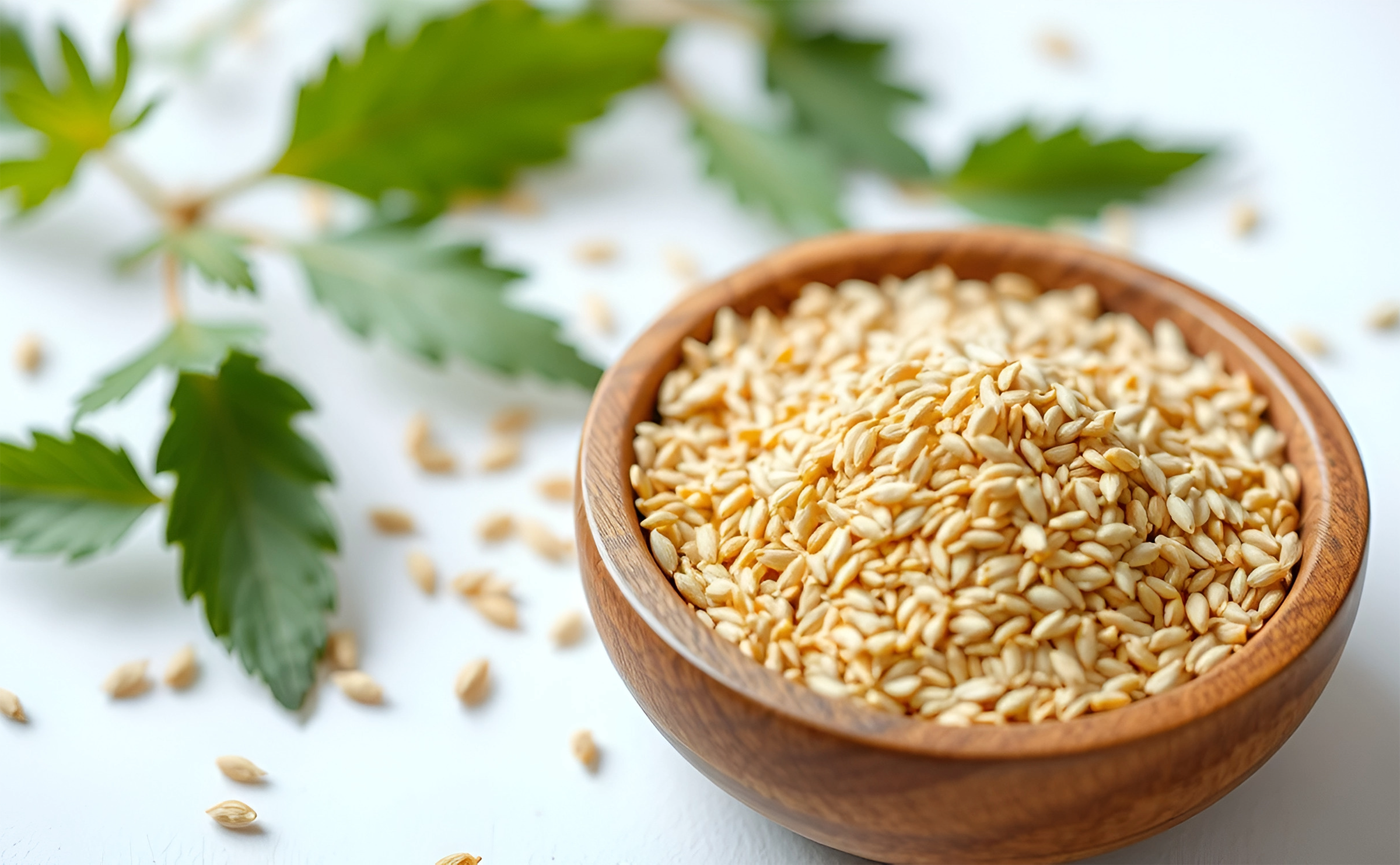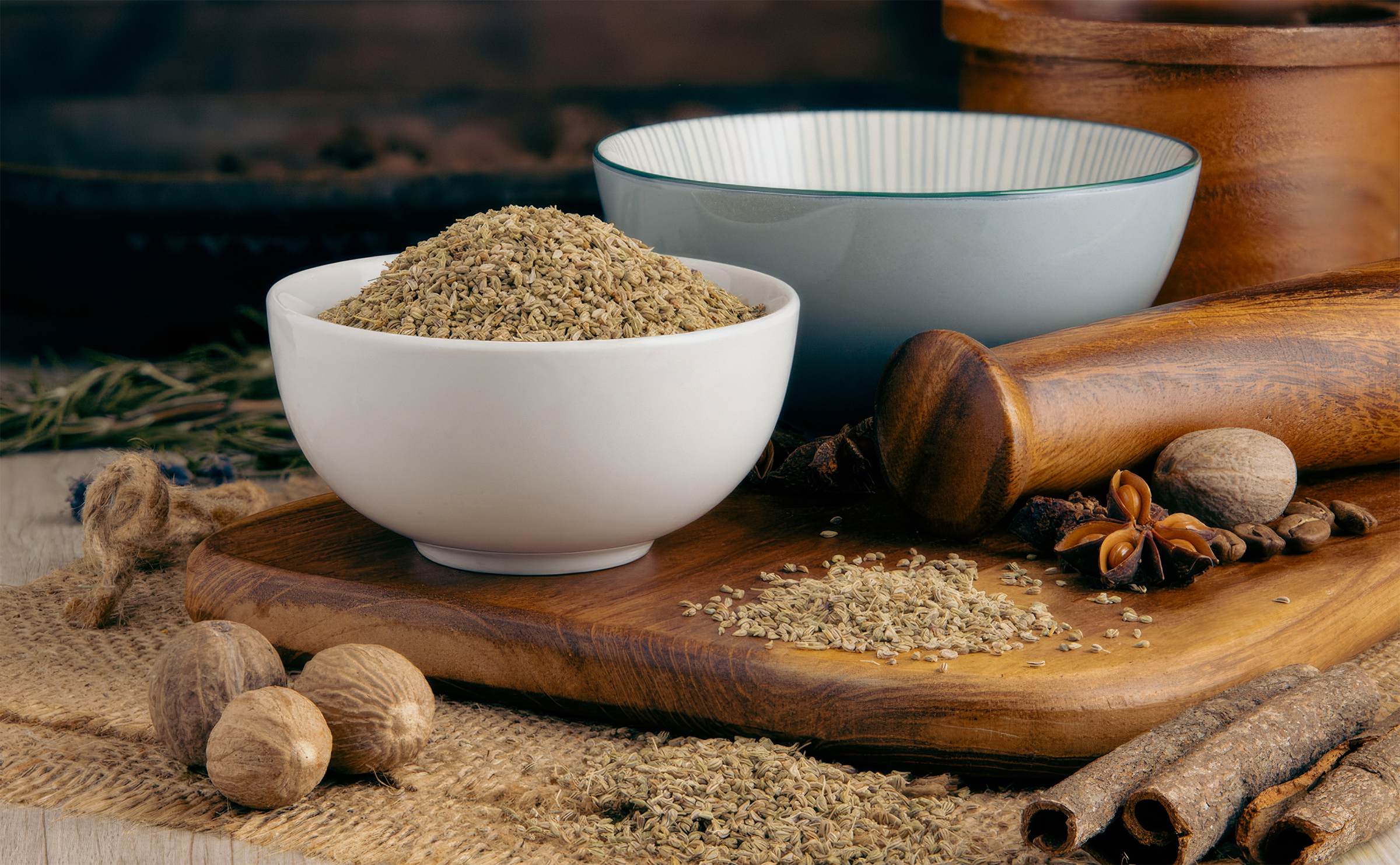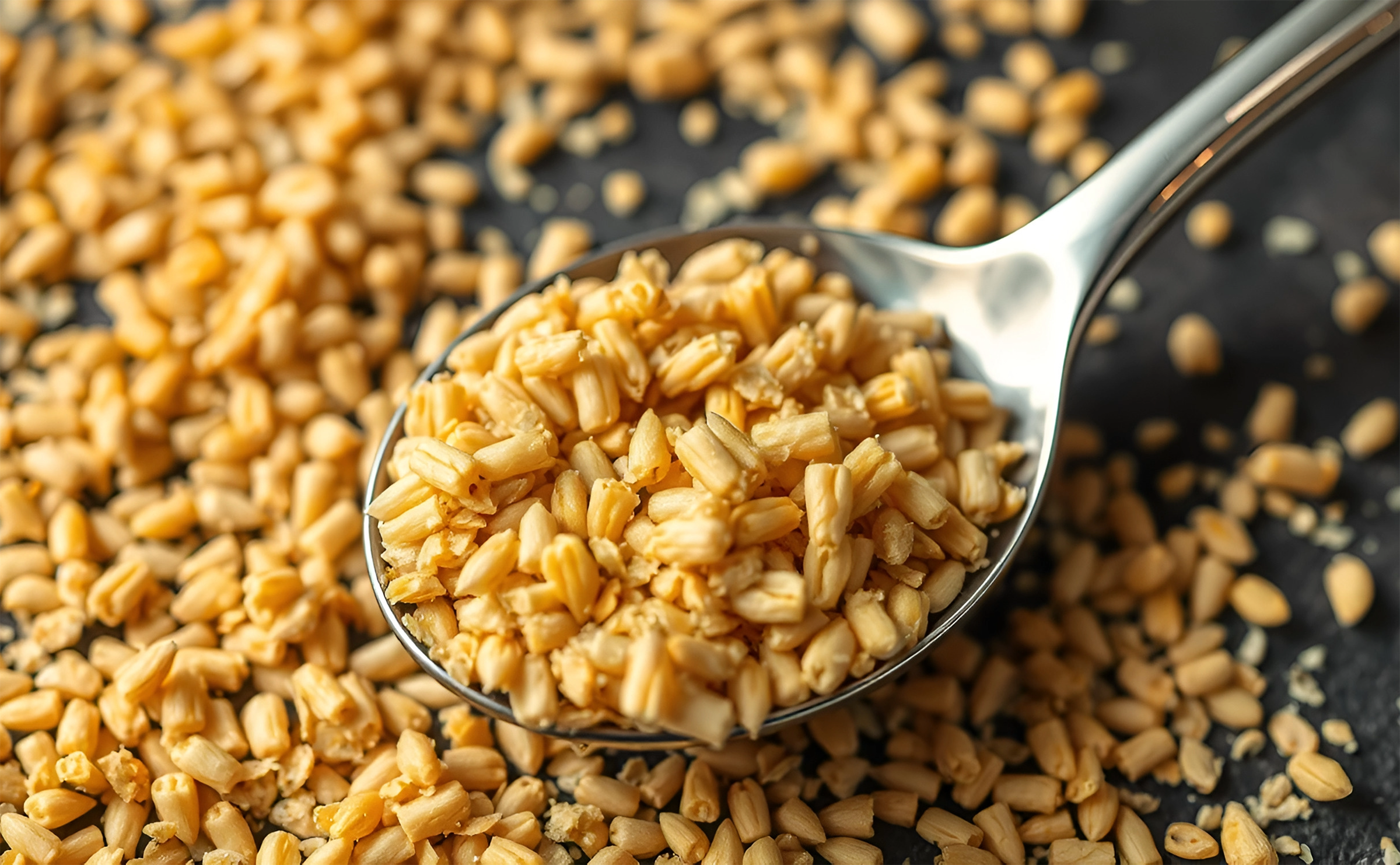The Digestive Power of Ajwain
A Bold Seed for Balance and Wellness
Ajwain, also known as carom seeds, is a small but mighty spice with a sharp, slightly bitter flavor and an aroma reminiscent of thyme. Though it’s used in small amounts, ajwain plays a powerful role in Indian cooking—not just for the flavor it brings, but for its time-tested health benefits.
One of the most notable strengths of ajwain is its digestive support. These seeds are traditionally used to relieve indigestion, gas, and bloating. The active compound thymol helps stimulate the secretion of gastric juices, enhancing digestion and easing stomach discomfort. Ajwain has been used for centuries in Ayurvedic medicine as a go-to remedy for everything from acidity to cramps.
In addition to aiding digestion, ajwain has antimicrobial and antifungal properties, making it a natural ally in supporting gut health and protecting the body from infections. It’s also known to act as a mild expectorant, helping to clear congestion and ease respiratory issues. The warming quality of ajwain makes it especially comforting during colder months or after heavier meals.
Ajwain is also highly valued in Ayurvedic practice for its ability to balance the vata and kapha doshas, which are often linked to issues like sluggish digestion, gas, bloating, and respiratory imbalances. As a naturally warming and stimulating spice, ajwain helps ignite the digestive fire, or agni, which is considered essential for proper nutrient absorption and overall vitality. Its carminative properties make it especially effective in easing abdominal discomfort, promoting smoother digestion, and preventing the buildup of toxins in the digestive tract. Regular use of ajwain in cooking is thought to help maintain gut clarity, respiratory ease, and a general sense of internal harmony—especially during seasonal transitions or after heavier meals when the body may feel out of sync.
At Maaji’s Street Kitchen, we incorporate ajwain in dishes like our Jeera Ajwain Aloo, where its bold, earthy notes complement the cumin and bring an added layer of depth to the dish. It’s a small ingredient with a big impact—both in flavor and function—showing up where it matters most: in the details that make our food comforting, nourishing, and deeply rooted in tradition.





